Early Illustrated Books —— A History of the Decoration and Illustration of Books in the 15th and 16th Centuries
-----
In a handbook like the present this is a necessary evil, but the evil is equally conspicuous in a great number of modern books in which the illustrations are introduced solely for their decorative value. In this matter we have much to learn from the old printers, in whose books paper, type, illustrations, initial letters, and borders were all so planned as to form a har monious whole — a point to which I have endeavoured to draw attention in several places in my text. Short as the present book is, I have incurred many obligations in writing it. My chief literary debts are to the monographs of Dr. Muther, Dr. Lippmann, the Vicomte Delaborde, the Duc de Rivoli, and Mr. Conway, to which specific references are made in the chapters for which they have been used. In attempt ing, I believe for the first time, to compress in a small compass a general view of the history of book illustration during the golden age of printing, I am not ashamed to confess that my book is deeply indebted to the works of these specialists, who often have devoted a lifetime to a subject to which I could give only a few pages. But I have missed no opportunity of examining for myself every book which I mention, and as the British Museum, despite a few gaps in its collection, is splendidly rich in illustrated books, I have been obliged to write at second-hand only in a very few cases. Of more personal debts the heaviest is that which I owe to Mr. E. Gordon Duff, who has helped me on many points connected with early printing, and when illness in my family made it impossible for me to complete my book without a very serious delay, most generously came to my rescue by writing for me the chapter on English illustrated books, a special subject on which his knowledge so greatly exceeds my own that I can very heartily congratu late my readers on the change of pen.
{{comment.content}}
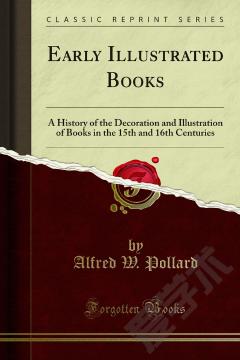
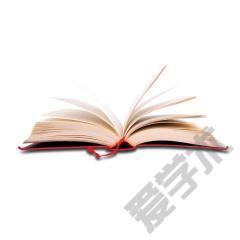
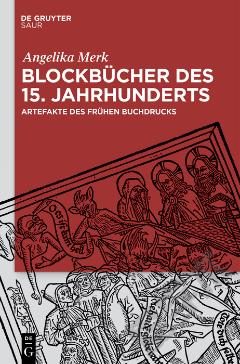

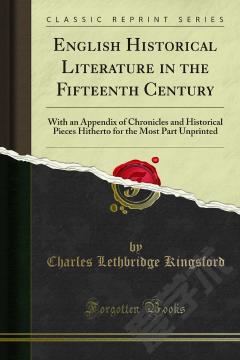

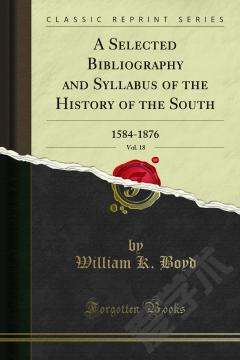

 京公网安备 11010802027623号
京公网安备 11010802027623号